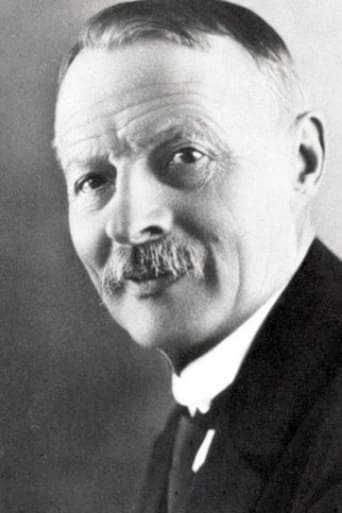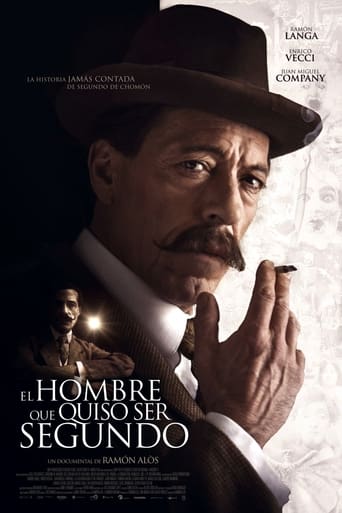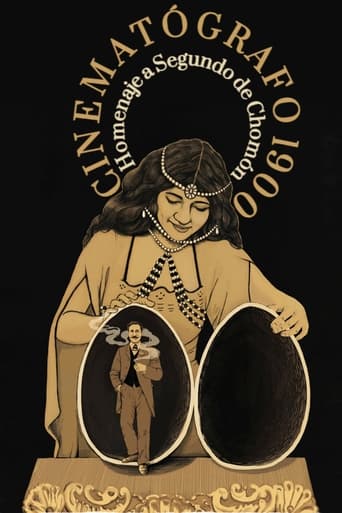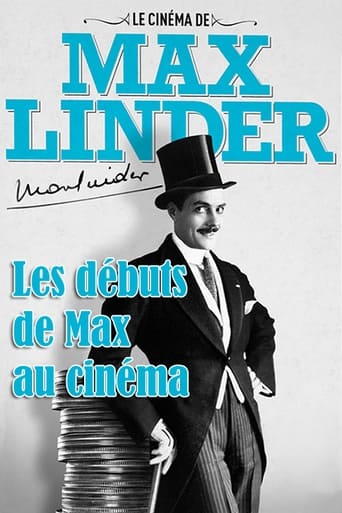

Charles Pathé
Charles Morand Pathé (26 December 1863 – 25 December 1957) was a pioneer of the French film and recording industries. As the founder of Pathé Frères, its roots lie in 1896 Paris, France, when Pathé and his brothers pioneered the development of the moving image. Pathé adopted the national emblem of France, the cockerel, as the trademark for his company. After the company, now called Compagnie Générale des Éstablissements Pathé Frères Phonographes & Cinématographes, invented the cinema newsreel with Pathé-Journal. The son of a butcher shop owner, Charles Morand Pathé was born at Chevry-Cossigny, in the Seine-et-Marne département of France. His father, Jacques Pathé and mother, Thérèse-Émélie Kech were butchers by trade, and ran a delicatessen first in Chevry-Cossigny, and later in Vincennes. Charles had three brothers and two sisters. Pathé left school at 14 to work as an apprentice butcher, at rue de Charenton, Paris. After military service, in 1889, at 25, he began working as a meat merchant but soon took his savings, and with the help of his brothers and his sister, embarked for Buenos Aires, Argentina, with the aim of setting up in business. Pathé tried to establish himself in various trades including a laundry service based on industrial washing machines that turned out to be unsuccessful. His life was unsettled and Pathé was forced to change jobs frequently. After a final failure of trying to deal in exotic parrots, when he and his business partner were stricken with yellow fever, Pathé returned to France in poor health. At age 30, Pathé married lle Foy in Paris... more
Read bio at tmdb | Read bio at Wikipedia
- Born:
- Dec 26, 1863 In Chevry-Cossigny, Seine-et-Marne, France
- Movie/TV Credits:
- 6
- First Appeared:
- In the movie Max's First Job 1910-10-01
- Latest Project:
- Movie El hombre que quiso ser Segundo 2014-11-30
| Movie | El hombre que quiso ser Segundo | Self (archive footage) | 2014-11-30 |
| Movie | Cinematógrafo 1900 | Self (archive footage) | 1979-11-25 |
| Series | Encyclopédie audiovisuelle du cinéma | Self (archive footage) | 1978-09-24 |
| Movie | Paris Nineteen Hundred | Self (archive footage) | 1948-02-25 |
| Movie | Those of Our Land | Self | 1915-11-22 |
| Movie | Max's First Job | Self | 1910-10-01 |



